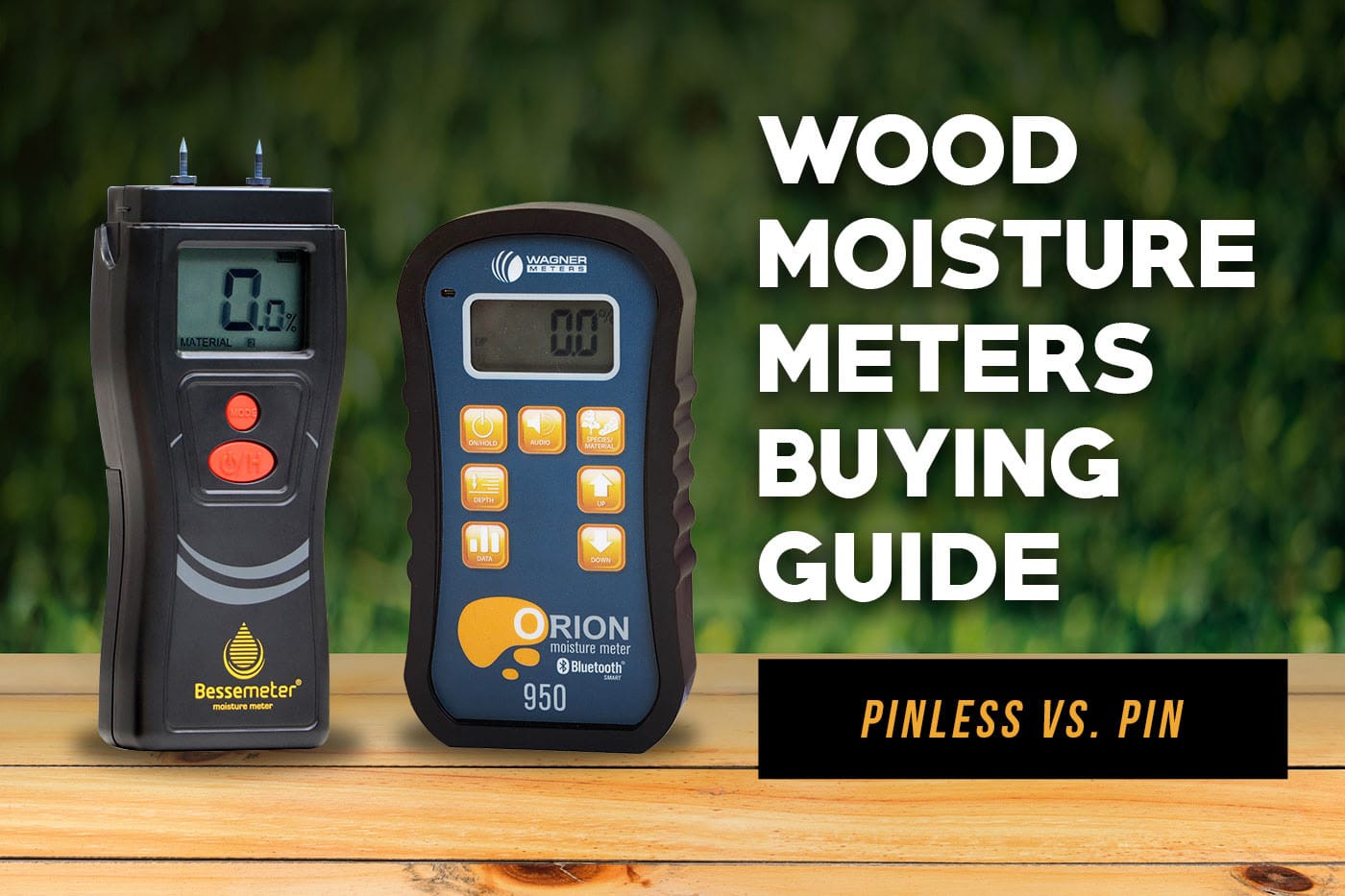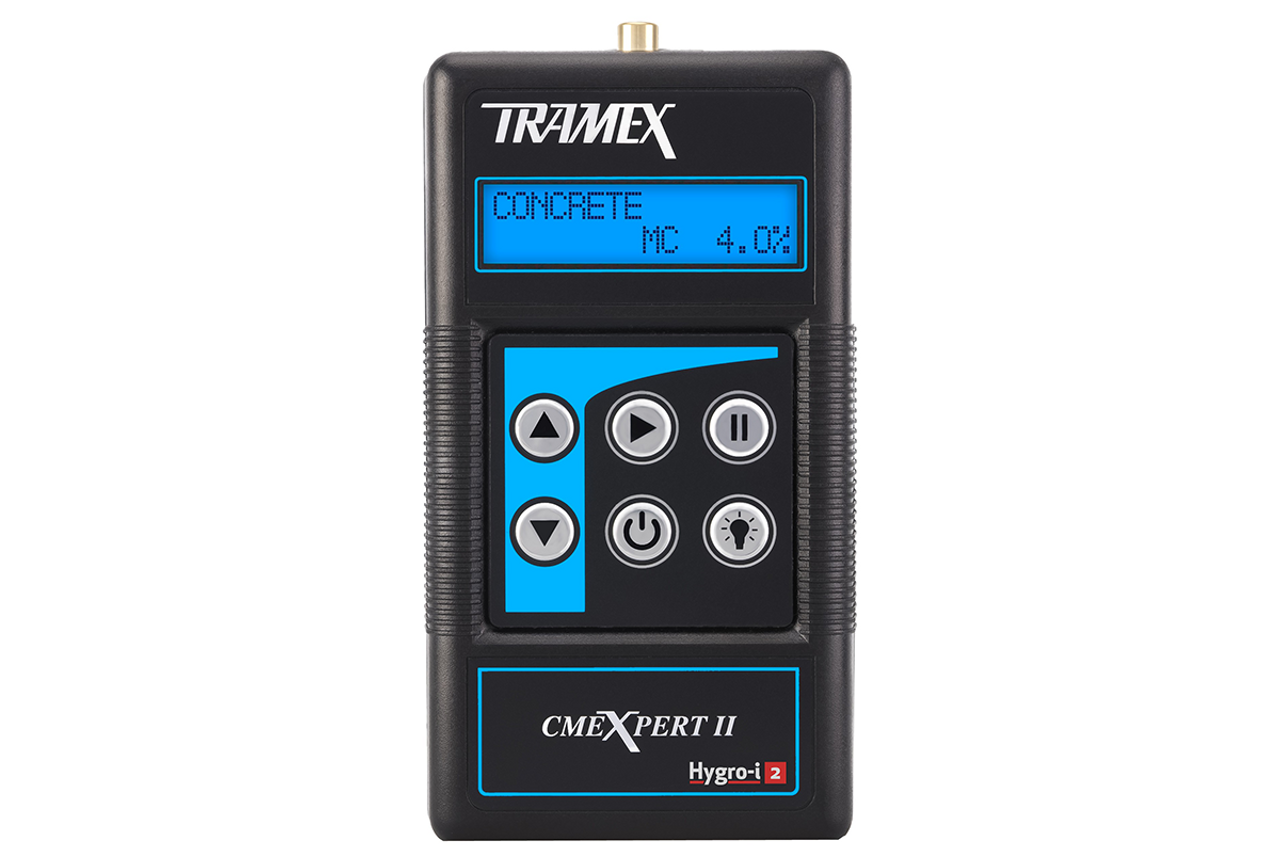Moisture Meter Reviews: Comparing the Best Designs for Expert and DIY Use
Wiki Article
The Ultimate Guide to Dampness Meters: A Comprehensive Review and How They Can Save You Money
Wetness meters serve as essential devices in finding and keeping track of moisture content in products, aiding in protecting against expensive problems and ensuring the top quality of products. Comprehending the nuances of different types of wetness meters, their applications, and the possible cost-saving advantages they provide can be a game-changer for specialists and services alike.Kinds Of Moisture Meters
Numerous kinds of dampness meters are offered for different applications in different industries. One usual kind is the pin-type moisture meter, which measures the electrical resistance in between two pins inserted into a product. This type is suitable for wood, drywall, and other structure products. Pinless wetness meters, on the various other hand, usage electro-magnetic sensor plates to scan a bigger area without triggering damages to the material's surface. Moisture Meter. These meters are perfect for quickly analyzing wetness degrees in large locations such as walls and floors.
Additionally, there are likewise specialty dampness meters designed for particular materials like hay, grain, or dirt. These meters supply exact moisture readings tailored to the special buildings of the product being checked. Infrared moisture meters measure the thermal properties of a material to determine its moisture web content non-invasively, making them useful for applications where pin or pinless meters may not appropriate. Understanding the various kinds of moisture meters offered can help markets choose the most suitable tool for their details wetness measurement needs.

Advantages of Utilizing Wetness Meters
Dampness meters provide very useful advantages in accurately assessing and monitoring moisture levels in diverse products and environments (Moisture Meter). Among the primary benefits of using dampness meters is the avoidance of potential damage brought on by excess dampness. By discovering and attending to high wetness degrees early, wetness meters help to prevent mold and mildew development, rot, and structural damages in structures, saving both money and time on repairs. Additionally, wetness meters aid in guaranteeing the high quality of materials throughout building or production processes. By accurately measuring moisture material, these devices help preserve the integrity of timber, drywall, concrete, and various other products, minimizing the danger of failings or flaws.
Moreover, making use of wetness meters can lead to boosted energy efficiency. By determining areas with high moisture levels, such as leaks or poor insulation, adjustments can be made to improve power conservation and lower energy prices. In agricultural settings, wetness meters play a crucial duty in enhancing plant returns by allowing farmers to keep track of soil moisture levels and make notified irrigation choices. Generally, the benefits of utilizing moisture meters cover across different industries, offering cost-effective remedies and promoting much better high quality control methods.
Exactly How to Pick the Right Wetness Meter
When choosing a moisture meter, it's important to make certain that the meter is suitable for the specific product you will be screening. Different products have differing electric residential properties that can influence wetness analyses, so choosing a meter made for your material is important for accurate results. By meticulously examining these factors, you can select a wetness meter that meets your requirements and provides exact moisture dimensions for your projects.Correct Techniques for Dampness Meter Use

Expense Cost Savings With Moisture Meter Applications
Just how can the tactical utilization of wetness meters result in considerable price financial savings throughout various markets? Wetness meters play an important function in cost savings by protecting against prospective damage and guaranteeing quality assurance in different fields. In the farming market, moisture meters aid in determining the optimum time for collecting plants, avoiding over-drying or excess dampness that can affect the end product's high quality. This accurate monitoring aids farmers stay clear of unnecessary losses and maximize their return.
Likewise, in building, dampness meters assist stop pricey damages by discovering moisture levels in structure materials, such as timber or concrete, which can bring about structural issues if not attended to quickly. By recognizing problem locations at an early stage, specialists can take restorative steps to stay clear of comprehensive repair services or replacements, inevitably conserving money and time.
Furthermore, in the food processing market, dampness meters are necessary for keeping an eye on product quality and guaranteeing conformity with safety and security regulations. By accurately determining wetness web get redirected here content in foodstuff, manufacturers can avoid putridity, preserve quality, and lower waste, causing substantial price financial savings. Overall, the strategic application of moisture meters is an important investment that can result in considerable expense reductions and enhanced effectiveness across different markets.
Final Thought
Finally, dampness meters are beneficial devices for determining and finding dampness degrees in numerous products. my blog By using the ideal dampness meter and adhering to correct techniques, users can effectively prevent costly damages brought on by excess moisture. Purchasing a high quality wetness meter can result in considerable price financial savings over time by recognizing potential problems early and making it possible for punctual remediation. Ultimately, moisture meters are important instruments for preserving the stability and durability of materials and structures.Moisture meters offer as important tools in identifying and checking moisture material in materials, assisting in stopping expensive damages and making certain the quality of items. Infrared wetness meters determine the thermal residential properties of a product to identify its wetness web content non-invasively, making them valuable for applications where pin or pinless meters might not be suitable.Moisture meters provide invaluable benefits in properly keeping an eye on and examining wetness degrees in varied materials and atmospheres. In farming setups, moisture meters play a critical function in maximizing plant returns by enabling farmers to keep track of soil wetness degrees and make educated watering choices.In verdict, moisture meters are important tools for determining and discovering wetness degrees in numerous products.
Report this wiki page